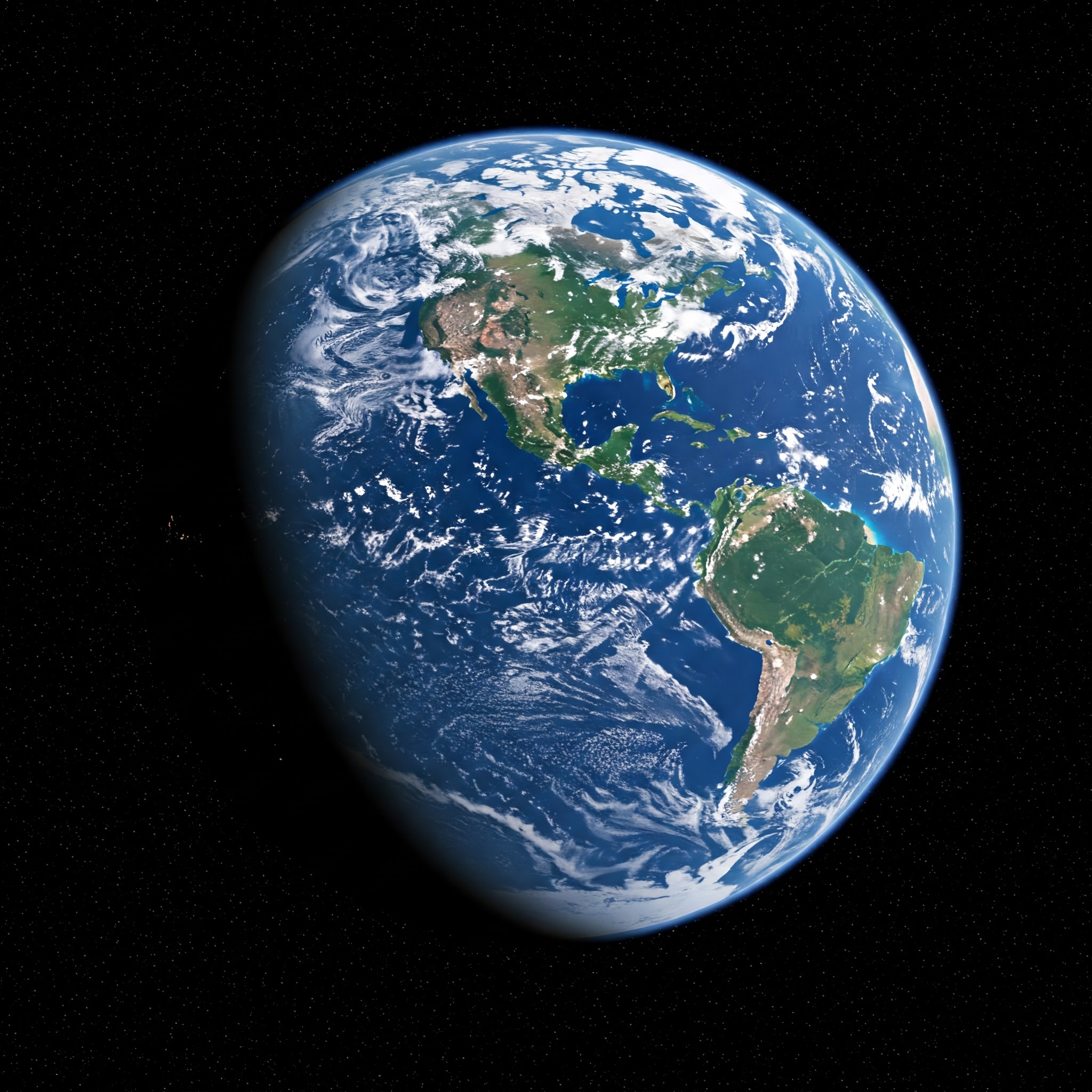The Next Five Years: A Crossroads for Humanity
As we look ahead, the next five years will be a defining period for humanity. The challenges we face—climate instability, financial upheaval, ideological divides, and the growing risk of global conflict—are converging in ways that demand urgent attention.
A World in Flux
The global landscape is shifting, with multipolarity challenging the longstanding dominance of Western-led institutions. The ideological battle between those who seek to preserve elite wealth and those who push for a more balanced system is intensifying. Governments are becoming more interventionist, often at the expense of individual freedoms, while technological advancements—particularly in AI—are being used both as tools of empowerment and as mechanisms of control.
Climate and Resource Scarcity
Despite the rhetoric, climate change policies continue to be driven by economic interests rather than genuine solutions. Carbon taxes and environmental regulations often serve as financial instruments rather than impactful countermeasures. Meanwhile, water scarcity, food security, and energy crises are becoming key points of geopolitical contention, with nations positioning themselves to control vital resources.
Financial Instability and Economic Warfare
The financial system remains fragile. With rising debt levels, currency wars, and increasing reliance on centralized digital currencies, the potential for economic disruptions—whether by design or as unintended consequences—has never been higher. Canada, for example, is particularly vulnerable to external financial manipulation, including tariffs, trade restrictions, and corporate buyouts designed to weaken its auton
The AI Battleground
Artificial intelligence represents both a beacon of hope and a looming threat. While AI has the potential to revolutionize problem-solving, increase human independence, and facilitate innovation, its development is largely controlled by those who prioritize profit and power over societal well-being. Governments and corporations are leveraging AI to shape narratives, monitor populations, and enforce ideological conformity. The true battle is not just about AI development but about who controls it and for what purpose.
The answers will depend on whether enough people are willing to ask the right questions, challenge dominant narratives, and take meaningful action before it’s too late.
The Role of Community and Preparedness
As centralized systems become increasingly unreliable, the solution may lie in decentralization—both in governance and in practical resilience. Small communities must take steps toward self-sufficiency: identifying local food producers, building skilled networks, and strengthening emergency preparedness. The idea of relying on governments for stability is becoming less viable, making local resilience essential.
Conclusion: The Need for Critical Thought and Action
The next five years will shape the trajectory of humanity in ways that few fully appreciate. The question is not whether change is coming, but rather what kind of change it will be.
Will we allow financial interests, political elites, and AI-driven manipulation to dictate our future? Or will people recognize the need for independent thought, local resilience, and a shift toward a more balanced global system?
The answers will depend on whether enough people are willing to ask the right questions, challenge dominant narratives, and take meaningful action before it’s too late.

